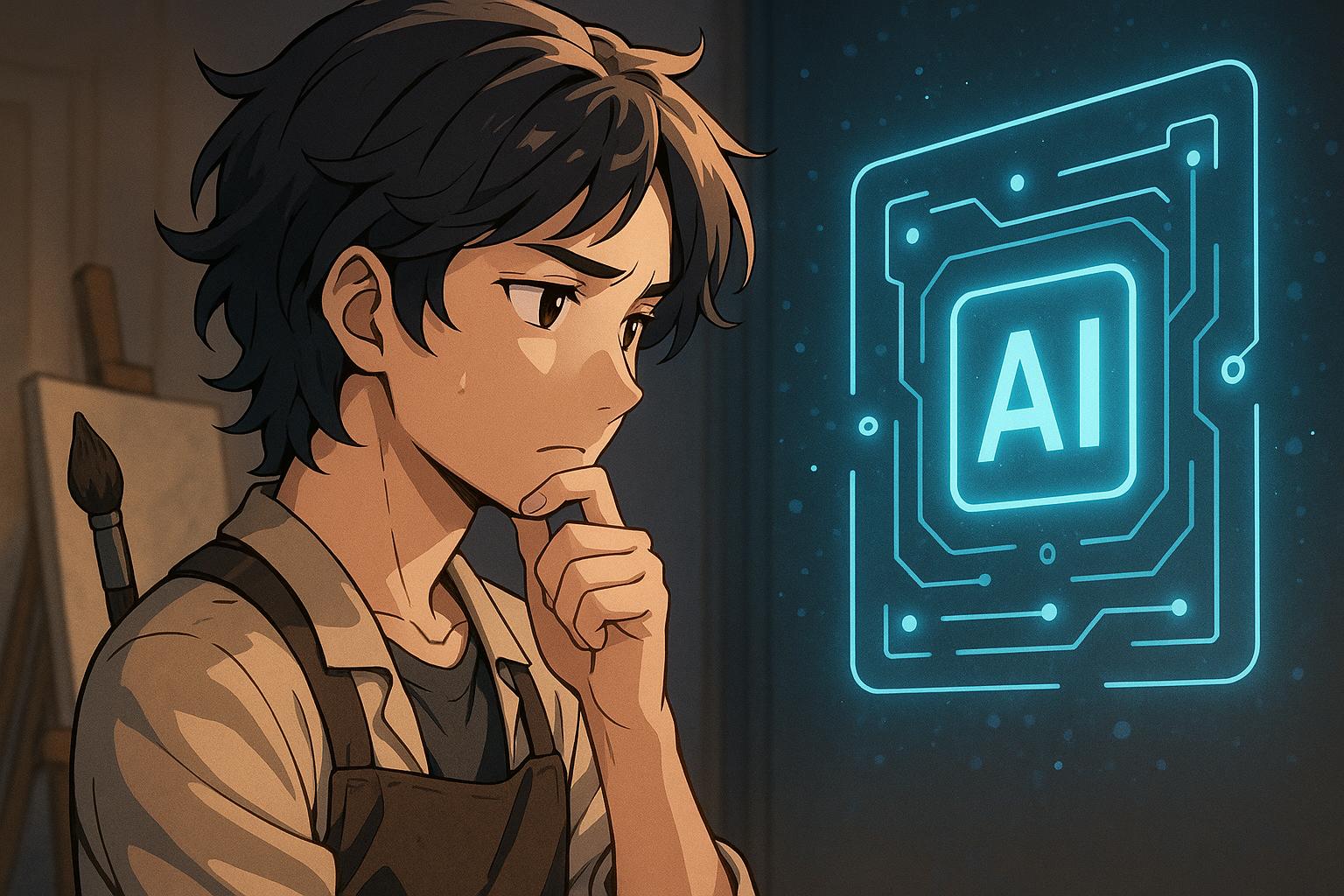Organisations seeking funding from Arts Council England (ACE) are being urged to exercise caution when utilizing generative AI tools in their applications. In a recent statement, the funding body acknowledged the value of AI in streamlining the drafting process and organising reporting materials. However, it emphasised that an over-reliance on such technology could lead to generic submissions, diluting the unique propositions each project embodies.
ACE pointed out that while generative AI can aid applicants in presenting their ideas, it is vital that these applications remain genuine and reflective of the individual project’s essence. This sentiment echoes concerns across the sector regarding the potential of AI to produce submissions that lack originality. The council remarked on the growing trend of similar language being used in applications, a factor that could detract from the specific merits of each proposal.
In its statement, ACE addressed the risks associated with generative AI, including issues related to bias, transparency, data protection, and the rights of creators. It urged applicants to align their use of AI with existing data protection policies and to remain mindful of their organisation’s core values. The advice comes amid heightened scrutiny of AI’s implications for the arts sector, with discussions surrounding copyright and intellectual property becoming increasingly prominent.
Owen Hopkin, ACE’s director for new technologies and innovation, outlined the critical questions raised by AI. These include concerns over how the intellectual property of artists is protected and the environmental impact of the energy needed to operate AI technologies. In a blog post, he noted the importance of considering accessibility, productivity, and creativity as potential benefits of using AI tools. He acknowledged that many organisations within the cultural sector are currently grappling with these questions as they explore the balance of leveraging AI while safeguarding their creative integrity.
ACE's research over the past year revealed an urgent need for clear guidance regarding the use of AI in funding processes. This has spurred the organisation to consult with various stakeholders in the arts community to gain insights into shared challenges and opportunities associated with AI. Simultaneously, ACE has issued its first internal policy on the responsible use of AI, designed to guide staff in navigating the use of these tools effectively and ethically.
This cautious approach aligns with broader concerns in the arts community regarding the potential exploitation of artists' work. Recently, over 30 leaders from the UK’s performing arts sector, including representatives from prestigious institutions like the National Theatre, voiced their apprehensions about government proposals that would allow AI companies to utilise artists' work without permission. They underscored the vulnerabilities of the creative ecosystem and called for robust protections for the moral and economic rights of creative professionals.
As ACE continues to refine its stance and regulations surrounding AI, the overriding goal is to ensure that the potential of these technologies is harnessed responsibly. “We're committed to being receptive, responsive, and responsible as AI becomes an integral part of our ecosystem,” said Hopkin. The arts council will explore future applications of AI to facilitate administrative tasks, indicating an openness to integrating such technologies while prioritising fairness and transparency in funding decisions.
In a similar vein, other funding bodies, such as the National Lottery Community Fund, have also cautioned about the use of AI in grant applications. They echo ACE's concerns about generic content and advise that applicants should carefully personalise AI-generated information to accurately reflect their community's unique story.
The current discourse surrounding the use of AI in funding applications encapsulates a larger conversation within the arts sector. It underscores the necessity for a balanced approach—embracing the efficiencies that AI can offer while defending the foundational values of creativity and originality.
📌 Reference Map:
- Paragraph 1 – [1], [2]
- Paragraph 2 – [1], [2]
- Paragraph 3 – [1], [3], [6]
- Paragraph 4 – [1], [3], [4]
- Paragraph 5 – [1], [5]
- Paragraph 6 – [1], [6]
- Paragraph 7 – [1], [2]
Source: Noah Wire Services
